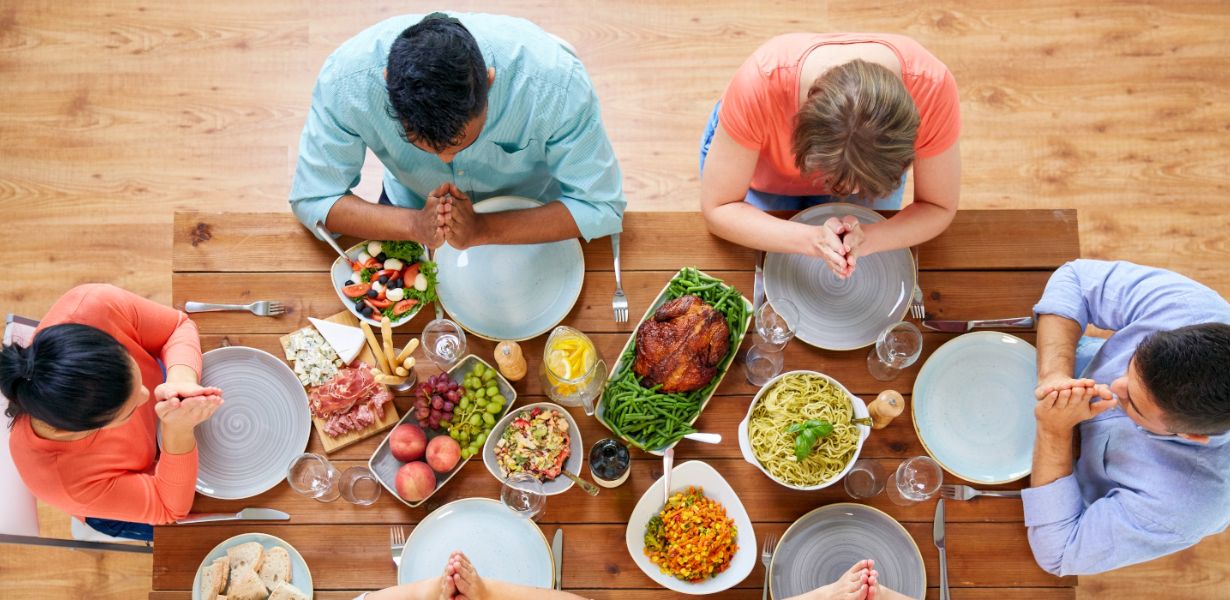
In a rapidly evolving world, where modernity often challenges our core beliefs, traditional values stand as the bedrock of our society. These values, deeply rooted in cultural heritage, have withstood the test of time, offering guidance and stability. At their core, traditional values encompass a diverse range of principles that shape our behavior, relationships, and collective identity. Join us as we embark on a journey to explore the profound significance of traditional values and how they contribute to a harmonious society.
Embracing the Essence of Tradition
Traditional values encapsulate the wisdom of generations past, reflecting cultural norms, morals, and ethics that have endured for centuries. They act as a compass, guiding individuals in making ethical decisions and navigating the complexities of life. From respect for elders to fostering community bonds, these values nurture a sense of belonging and continuity.
Understanding the Role of Family
Family holds a paramount place within traditional values. It’s not merely a unit but a source of emotional support, shared responsibilities, and a place where values are imparted from one generation to the next. The emphasis on family creates a network of interconnected relationships that fosters emotional well-being and societal stability.
Preserving Cultural Heritage
Traditional values are intricately tied to cultural heritage, preserving unique practices, rituals, and customs. This preservation contributes to the vibrant tapestry of our global identity, reminding us of our roots and cultural diversity. It’s through these values that history comes alive and thrives in the present.
Balancing Modernity and Tradition
In a world of rapid technological advancement, the challenge lies in harmonizing traditional values with modernity. Striking this balance allows societies to embrace progress without compromising their identity. The adaptability of these values ensures they remain relevant even in changing times.
Promoting Social Cohesion
Traditional values play a crucial role in fostering social cohesion. By promoting virtues such as empathy, kindness, and unity, they contribute to a sense of community. These shared principles bind individuals together, transcending differences and promoting mutual understanding.
Nurturing Personal Integrity
Honesty, integrity, and accountability are cornerstones of traditional values. These virtues cultivate a sense of personal responsibility and ethical conduct. By adhering to these principles, individuals contribute to a trustworthy and principled society.
Education and Transmission of Values
Education serves as a conduit for transmitting traditional values to younger generations. Schools, families, and communities collaborate to impart the richness of cultural heritage. Through storytelling, education, and role modeling, the torch of tradition is passed down.
Respecting Nature and Sustainability
Many traditional values incorporate a deep reverence for nature and the environment. These values promote sustainable practices and responsible stewardship of the planet, ensuring a harmonious coexistence with the natural world.
Promoting Altruism and Philanthropy
Traditional values often emphasize the importance of giving back to the community. Altruistic acts, charity, and philanthropy are seen as a way to contribute positively to society, reflecting a sense of compassion and solidarity.
Challenges and Evolution of Values
While traditional values provide a strong foundation, societies must also grapple with evolving challenges. Adapting these values to address contemporary issues like gender equality, diversity, and social justice ensures their continued relevance.
Final Words
Traditional values are more than a set of guidelines; they’re a reflection of who we are as a society. As we navigate the complexities of modernity, embracing these values offers us a compass to maintain our cultural identity, foster unity, and build a world that values both progress and tradition.
Commonly Asked Questions
Q1: How do traditional values influence our daily lives?
A1: Traditional values influence our choices, interactions, and ethical decisions, guiding us in upholding virtues such as respect, integrity, and empathy.
Q2: Are traditional values universal or culture-specific?
A2: While some values transcend cultures, others are specific to certain communities. However, the essence of promoting harmony and ethical conduct remains consistent.
Q3: How can we ensure traditional values evolve with changing times?
A3: Adapting traditional values involves open dialogues, considering diverse perspectives, and integrating principles that address contemporary challenges.
Q4: What is the role of storytelling in transmitting traditional values?
A4: Storytelling is a powerful tool that conveys cultural heritage and values to younger generations, fostering a sense of connection and understanding.
Q5: How can we strike a balance between preserving tradition and embracing progress?
A5: Striking this balance requires recognizing the core principles that define tradition while embracing adaptable values that align with modern realities.




